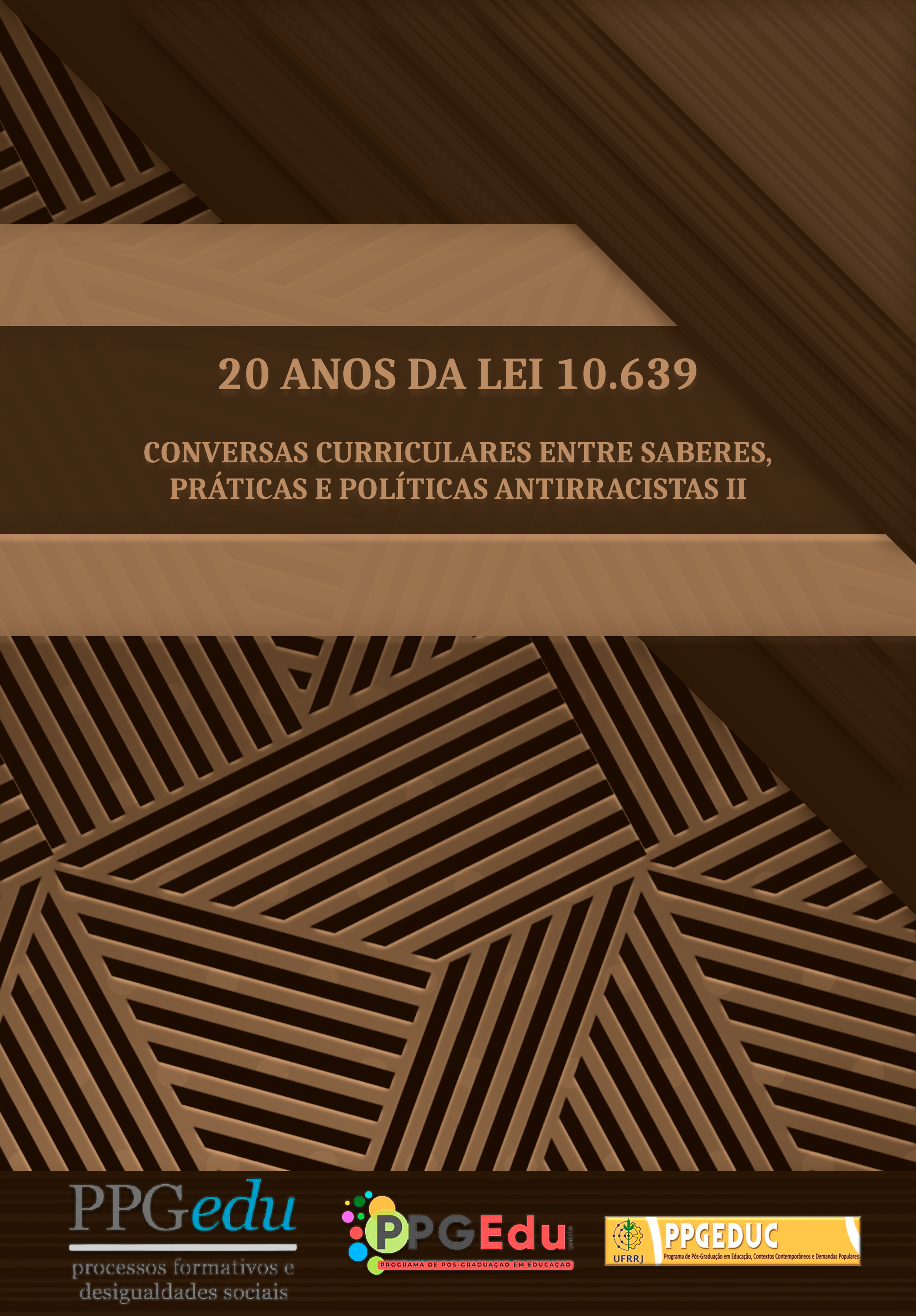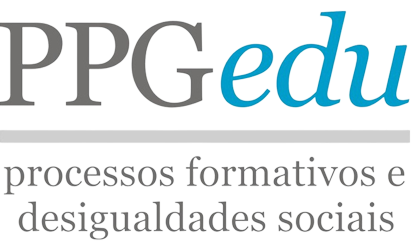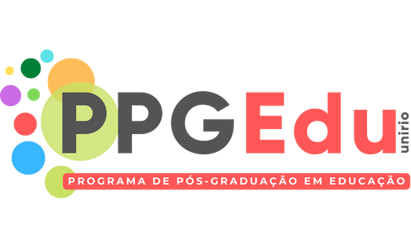DIDACTIC AND ANTI-RACIST EDUCATION: CONTRIBUTIONS OF TEACHING CURATORS TO LAW APPLICATION 10639/03
DOI:
https://doi.org/10.12957/riae.2024.73765Keywords:
Didática, Cinema, Education Basic Anti-racist, CurationAbstract
We problematize the concept of curatorship, imported from the world of arts to the field of education, presenting some possibilities for teachers to act as promoters of artistic-cultural mediations. We chose cinema as a field of reflection for the teaching curatorship, since it is a complex media and a hybrid language with recurrent access and use in the school environment. The central idea corresponds to a counterpoint, operated through the school, to the films that are normally circulated and consumed by students. Offering audiovisuals rarely made available by the mass industry is the role of the school institution, considering that such works have critical-reflective power to approach the various knowledge that are dealt with in these environments and whose grammars need to be learned. We chose to discuss, specifically, the history of slavery, the resistance and its consequences, since colonial Brazil, through the audiovisual The Last Abolition, built beyond the mass industry circuit, due to its aesthetic and narrative depth, which are important mediating elements for access to curricular knowledge. This research works in defense of the role of basic education professionals as curators of artistic knowledge, especially of audiovisual language, as we understand that they can be agents of the expansion of the students' artistic-cultural repertoire.
References
ALMEIDA, Silvio. Racismo Estrutural. Coleção Feminismos Plurais. São Paulo: Sueli Carneiro, Pólen Editora, 2019.
BAZIN, André. O que é cinema. São Paulo: UBU editora, 2018.
BURCH, Noel. Práxis do cinema. São Paulo: Perspectiva, 2015.
CARNEIRO. Sueli. Racismo, Sexismo e desigualdade no Brasil. São Paulo: Selo Negro Edições, 2011.
CORTELLA, Mario Sérgio; DILMENSTEIN Gilberto. A era da curadoria: o que importa é saber o que importa. Campinas: Papirus, 2015.
GOMES, Nilma Lopes. Diversidade e Currículo. Indagações sobre o Currículo Brasília: Ministério da Educação, Secretaria de Educação Básica, 2007.
HOOKS, bell. Ensinando a transgredir: a educação como prática da liberdade. São Paulo: WMF, 2020.
LIBÂNEO, José Carlos. Didática. São Paulo: Cortez, 2013.
MARMO, Alena Rizzi; LAMAS, Nadja de Carvalho. O curador e a curadoria. Palhoça: Revista Ciência em Curso. V.2, n.1, jan/jun. 2013.
MBEMBE, Achille. Necropolítica. São Paulo: N-1 Edições. 2020.
NICHOLS, Bill. Introdução ao documentário. Campinas: Papirus, 2010.
SILVA, Thaís Conconi; MARTINEZ, Elias David Morales. Identidade, resistência e simbolismo no filme Onde sonham as formigas verdes (1984) de Werner Herzog. Revista Doc On-line, n. 29, março de 2021, www.doc.ubi.pt, pp. 5-32.
Published
How to Cite
Issue
Section
License
Copyright (c) 2023 Lara Rodrigues Pereira, Jilvania Lima dos Santos Bazzo

This work is licensed under a Creative Commons Attribution-NonCommercial 4.0 International License.
Authors retain copyright to their work, are permitted to publish and distribute their work online (e.g., in institutional repositories or on their personal page) at any point before or during the editorial process, as this may generate productive changes, as well as increasing the impact and citation of published work.
The acceptance of the text implies the authorization and exclusivity of the Revista Interinstitucional Artes de Educar regarding the right of first publication, the published works are simultaneously licensed with a Creative Commons Attribution-Non Commercial 4.0 International License 























